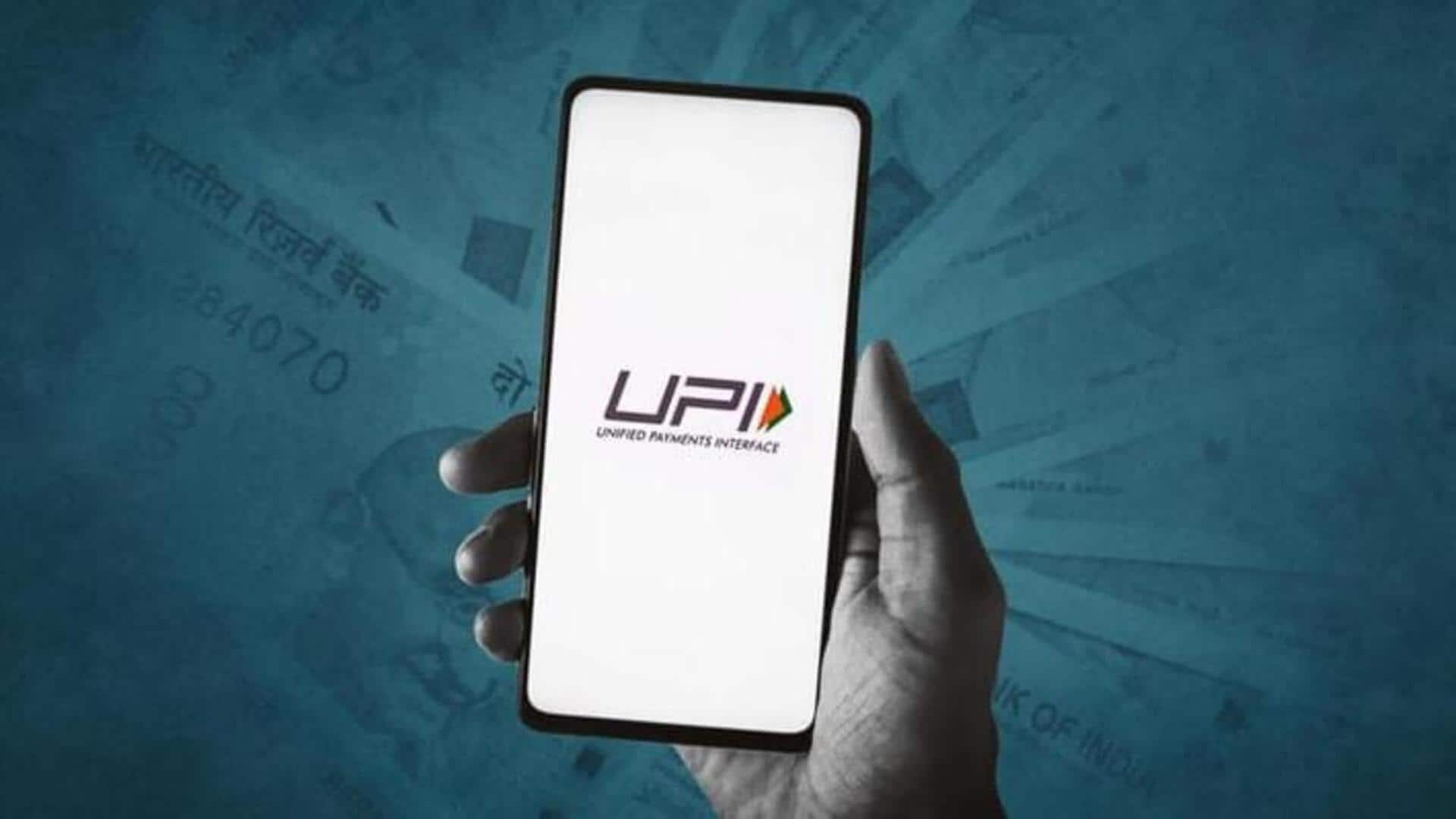
Namibia to adopt India's UPI for digital payments
What's the story
Namibia is all set to become the first African country to adopt India's Unified Payments Interface (UPI) for real-time digital transactions. The decision was confirmed during a meeting between Prime Minister Narendra Modi and Namibian President Netumbo Nandi-Ndaitwah on Wednesday. The move comes as part of an effort to strengthen ties in defense, trade, energy, and digital technology between the two nations.
Implementation details
NPCI's tech licensing agreement with Bank of Namibia
The National Payments Corporation of India (NPCI) had signed a technology licensing agreement with the Bank of Namibia in April last year. The system is expected to go live later this year. Modi expressed his satisfaction with the growth in bilateral trade and highlighted that its full potential is yet to be tapped.
Impact assessment
UPI transactions worth ₹20.45 lakh crore recorded in June
UPI has become one of India's biggest digital success stories, with over 13 billion transactions worth ₹20.45 lakh crore recorded in June 2025 alone. Rohit Mahajan, founder and Managing Partner of plutosONE, called Namibia's adoption of UPI "a significant milestone." He said this move could boost small businesses, reduce cash dependency, and serve as a model for more South-South fintech collaboration.
Trade expansion
Trade between India and Namibia
The trade between India and Namibia has grown steadily from less than $3 million in 2000 to nearly $600 million today. Indian companies have invested in Namibia's mining, manufacturing, diamond processing, and services sectors. Defense cooperation has also strengthened with Indian Navy warships regularly visiting Walvis Bay port in Namibia.
Development initiatives
Modi offers support for development projects in Namibia
Modi told Nandi-Ndaitwah that India will enhance development cooperation through capacity-building programs for Namibian experts and partnerships to set up manufacturing facilities in Namibia. He offered India's support for development projects in agriculture, IT, cybersecurity, healthcare, education, women's empowerment, and child welfare. The two leaders also signed two memoranda of understanding (MoUs) for cooperation in health and entrepreneurship development.